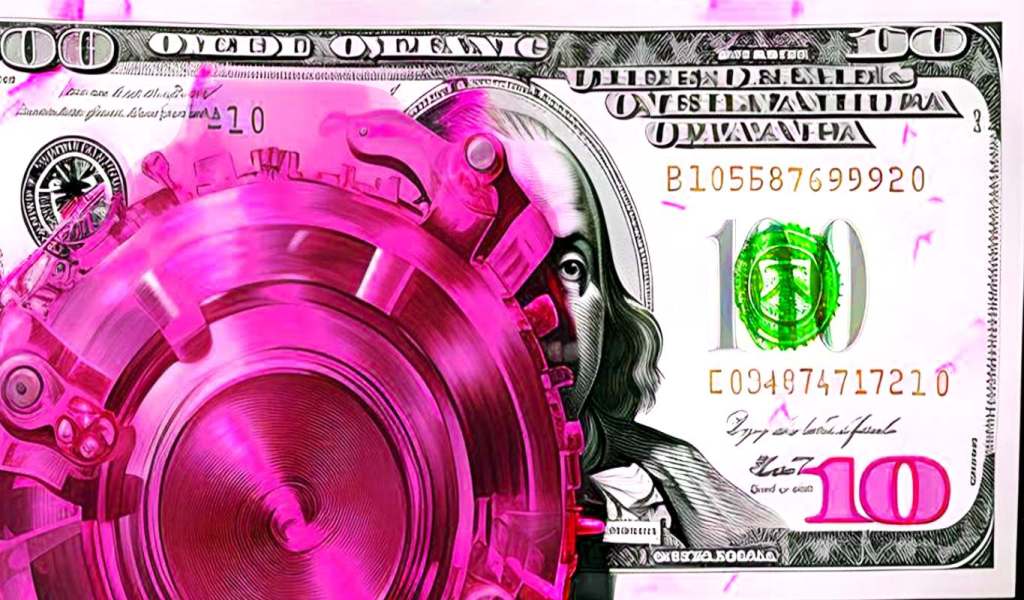JPMorgan Chase Declared World’s Most ‘Too Big To Fail’ Bank As Bank of America’s Global Systemic Importance Drops: Report

An agency tasked with identifying and regulating global systemically important banks (G-SIBs) says JPMorgan Chase stands alone as the world’s most “too big to fail” financial institution.
The Financial Stability Board’s (FSB) new list of critically important banks places JPMorgan Chase as the only bank in “bucket 4” – a distinction that forces the lender to hold an additional 2.5% of common equity as a percentage of its risk-weighted assets.
The FSB categorizes G-SIB banks into buckets based on their systemic importance, with each corresponding to a specific additional capital requirement.
As JPMorgan holds its position above all others, the FSB says Bank of America’s global systemic importance has been taken down a peg.
The bank has dropped from bucket 3 to bucket 2, meaning the bank is now subject to a lower additional capital requirement, decreasing from 2.0% to 1.5% of its risk-weighted assets.
The G20 placed the FSB in charge of monitoring global systemically important banks in the wake of the 2008 financial crisis, after world leaders declared some banks have become so large and entrenched that they can no longer go out of business.
Amid the crisis, the US implemented the Troubled Asset Relief Program (TARP) to stabilize the financial system by injecting capital into banks.
By 2014, the Treasury reported that banks had repaid $441.7 billion from TARP investments, exceeding the $426.4 billion disbursed, resulting in a $15.3 billion profit.
Don't Miss a Beat – Subscribe to get email alerts delivered directly to your inboxCheck Price Action
Follow us on X, Facebook and Telegram
Surf The Daily Hodl Mix
 Disclaimer: Opinions expressed at The Daily Hodl are not investment advice. Investors should do their due diligence before making any high-risk investments in Bitcoin, cryptocurrency or digital assets. Please be advised that your transfers and trades are at your own risk, and any losses you may incur are your responsibility. The Daily Hodl does not recommend the buying or selling of any cryptocurrencies or digital assets, nor is The Daily Hodl an investment advisor. Please note that The Daily Hodl participates in affiliate marketing.
Disclaimer: Opinions expressed at The Daily Hodl are not investment advice. Investors should do their due diligence before making any high-risk investments in Bitcoin, cryptocurrency or digital assets. Please be advised that your transfers and trades are at your own risk, and any losses you may incur are your responsibility. The Daily Hodl does not recommend the buying or selling of any cryptocurrencies or digital assets, nor is The Daily Hodl an investment advisor. Please note that The Daily Hodl participates in affiliate marketing.
Generated Image: Midjourney
The post JPMorgan Chase Declared World’s Most ‘Too Big To Fail’ Bank As Bank of America’s Global Systemic Importance Drops: Report appeared first on The Daily Hodl.
